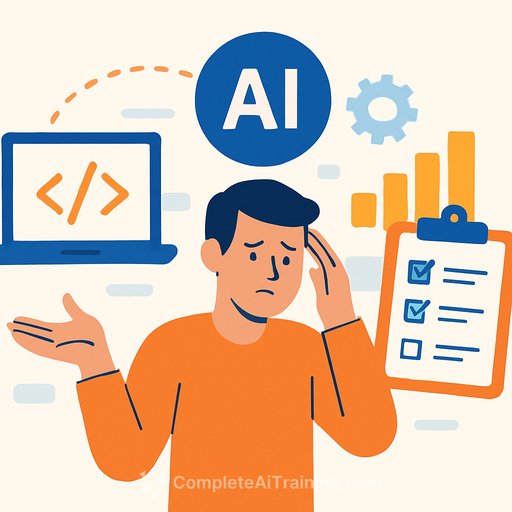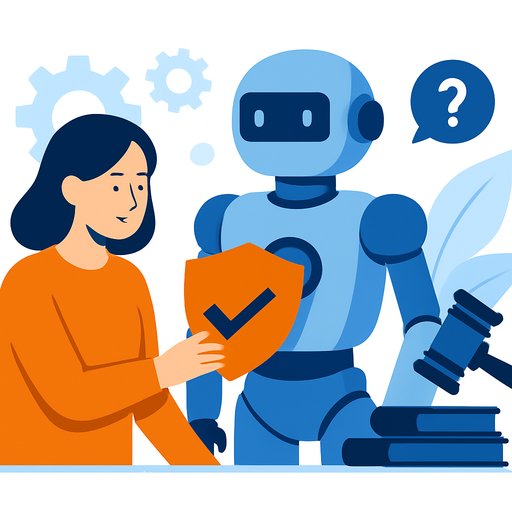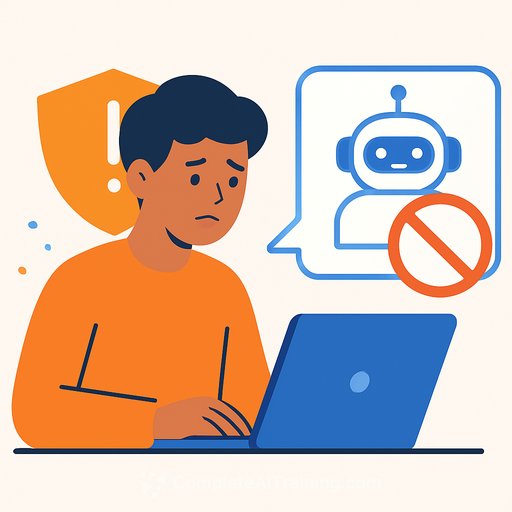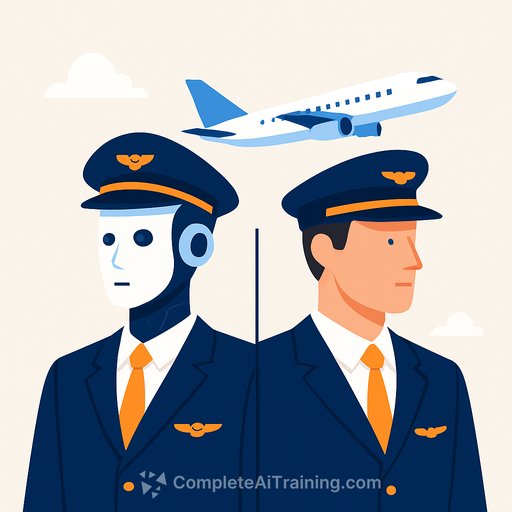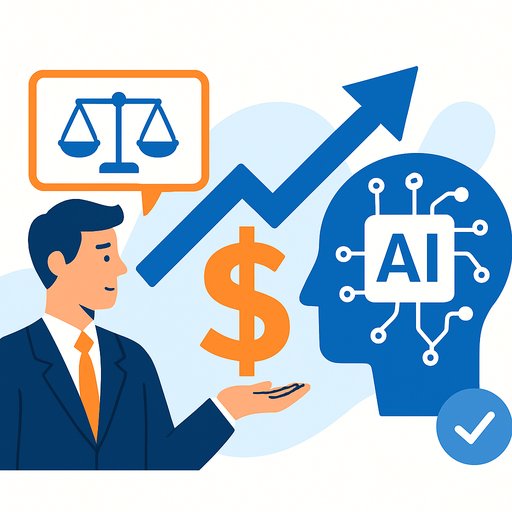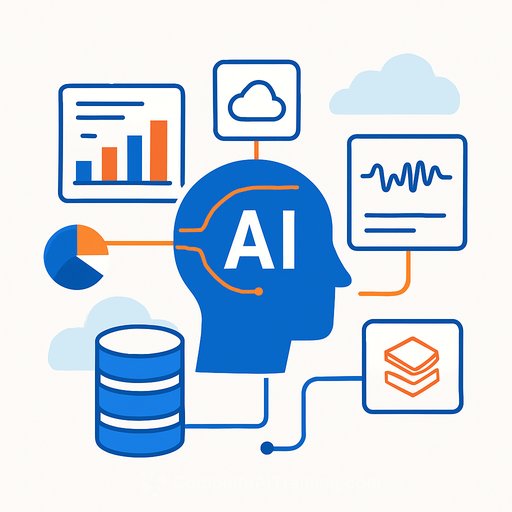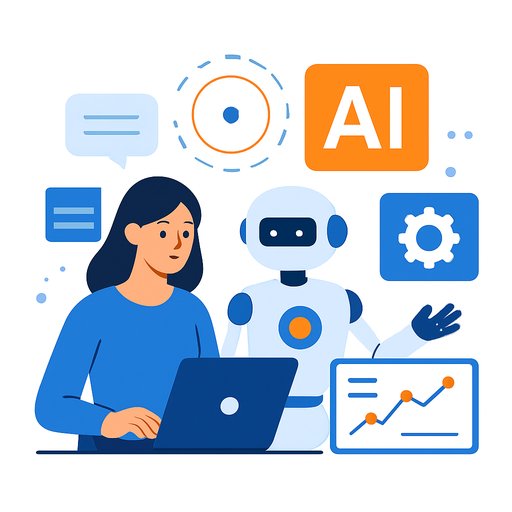The Acceleration of Prototyping and Its Hidden Costs
Artificial intelligence tools have shattered traditional coding timelines. Tasks that once required teams of engineers and months of effort can now be prototyped by individuals in just days. This shift is largely due to generative AI technologies like large language models and assistants such as GitHub Copilot.
However, while coding speed has surged, the processes around product management have struggled to keep up. Activities like gathering user feedback, iterating on designs, and aligning products to market needs remain slow. This imbalance creates a bottleneck that risks stalling innovation despite faster development cycles.
For example, what used to take six engineers three months to build can now be done by one or two people over a weekend. Yet, waiting a week for user insights feels painfully slow compared to how quickly prototypes can be produced. This gap highlights an inefficiency that startups must address to avoid wasting resources on features that don’t resonate with users.
Redefining Roles in AI-Driven Teams
In 2025, AI startups need to rethink team dynamics. Product managers, in particular, must adapt by integrating more closely with engineering teams to enable faster feedback loops. This might mean adopting new workflows and leveraging AI tools themselves for tasks like market analysis or user simulation.
Experts suggest embracing “agentic workflows,” where AI systems autonomously handle routine tasks, allowing product teams to focus on strategic decisions. Without such changes, talented developers may find themselves stalled, waiting on slower-moving product processes.
Implications for Startup Success and Investment
Execution speed is becoming a key differentiator for AI startups. Companies that prioritize skilled product managers capable of data-driven decision-making and rapid iteration will have an edge over competitors stuck with outdated workflows.
Looking ahead, AI may automate parts of product management—from sentiment analysis to running A/B tests—further closing the gap between creation and validation. For now, the critical factor remains the human ability to build the right product, not just build it fast.
- Focus on hiring product managers who can keep pace with accelerated prototyping.
- Integrate AI tools into product workflows to speed up feedback and validation.
- Encourage closer collaboration between engineering and product teams.
Startups that adjust to this new rhythm will be better positioned to succeed, while those that don’t risk falling behind despite technological advances.
For professionals interested in sharpening their skills in AI and product development, explore relevant courses and certifications that address these emerging challenges at Complete AI Training.
Your membership also unlocks:

